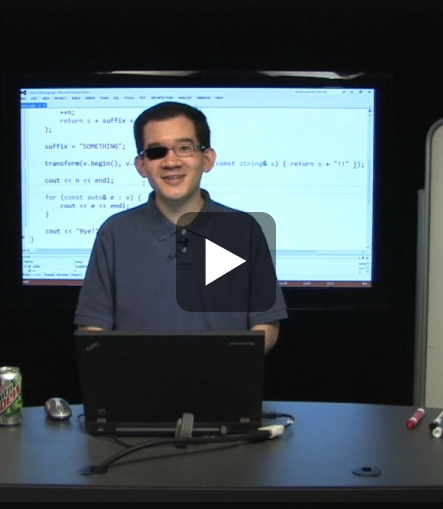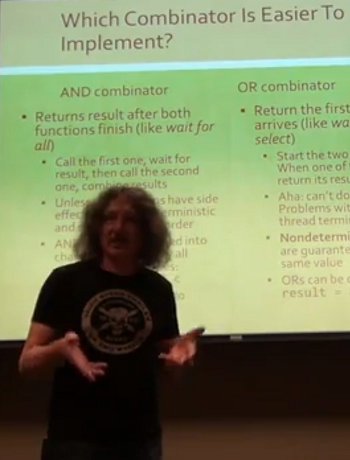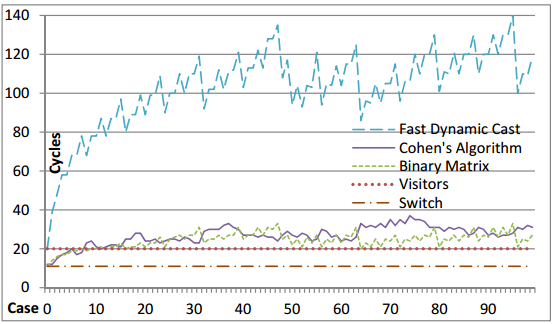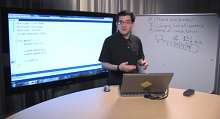Core C++, 8 and 9: From do-while to variadic array sorter to lambdas -- Stephan T. Lavavej

Core C++, 8 of n
In part 8, STL digs into the do-while loop, casts, one definition rule (ODR), and his variadic template array sorter. There is a lot of information in this episode, so get comfortable, tune in, and learn.
Core C++, 9 of n
In part 9, STL digs into lambdas and other expressions. Lambdas are very useful and you've no doubt been enjoying them in your modern C++ programming. As you can imagine, STL will go deep and teach you things about lambdas that you may not know. You'll also learn a lot about order of precedence and associativity for expressions in only the way Stephan can teach you (thorough treatment). Tune in.


 If you're familiar with functional language styles and you want an advanced look at how your favorite functional styles are supported in modern C++, with a dash of Haskell, check out these three videos by Bartosz Milewski:
If you're familiar with functional language styles and you want an advanced look at how your favorite functional styles are supported in modern C++, with a dash of Haskell, check out these three videos by Bartosz Milewski:




 Two advanced talks by Stephan T. Lavavej (aka STL) are now available, the second being posted today:
Two advanced talks by Stephan T. Lavavej (aka STL) are now available, the second being posted today: